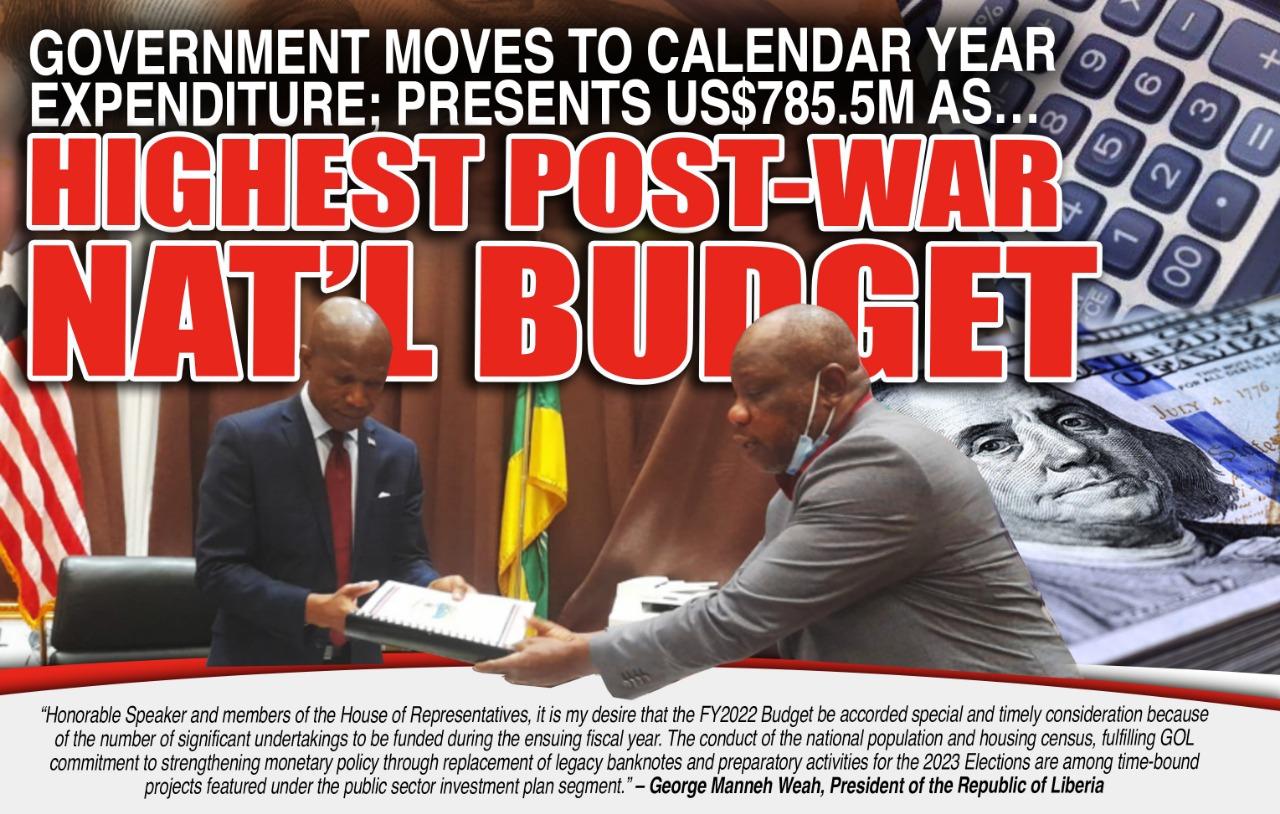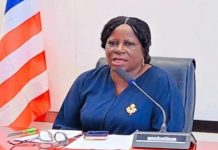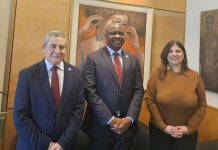Africa-Press – Liberia. At long last, President George Weah, through the Ministry of Finance and Development Planning (MFDP), has submitted the draft national budget in the tune of US$785,587,340 for fiscal year 2022.
Despite a month-long delay in the submission of the budget, President Weah, in a communication accompanying the budget, called on the Legislature to pass it in time owing to the ‘significant’ programs earmarked to be funded during the impending fiscal year.
He said: “Honorable Speaker and members of the House of Representatives, it is my desire that the FY2022 Budget be accorded special and timely consideration because of the number of significant undertakings to be funded during the ensuing fiscal year. The conduct of the National population and Housing Census, fulfilling GOL commitment to strengthening monetary policy through replacement of legacy banknotes and preparatory activities for the 2023 Elections are among time-bound projects featured under the public sector investment plan segment.”
Submitting the budget on behalf of the President to House Speaker Dr. Bhofal Chambers at the Capitol on Thursday, the Minister of Finance and Development Planning, Samuel D. Tweah, Jr. said it is inarguably the highest budget envelope in post war Liberia.
Minister Tweah named eleven sectors as “significant priority” areas, to include health, education, agriculture, energy and environment, industry and Commerce, infrastructure and basic services, security and Rule of Law, Public Administration and transparency and accountability.
He explained that across the eleven sectors of the budget, growth is at the highest peak, stating that for the health sector, there is 11.3 percent increment in allocation, while education sector has a draft increment of 12.3 percent.
He noted these are going to h increments are going to help solve educational and health challenges; while also helping to protect women and mothers from childbirth complications, issues of drugs and other administrative issues across hospitals, teachers and primary spending in education.
He added that social services which is basically about development interventions, will see a “massive” climb of 174.7 percent, equivalent to 26.3 million dollars.
Energy and environment get 76.1 percent increments, while Agriculture is 60.5 percent; industrial and commerce sectors is 62.6 percent, with security and the rule of law at 9.1 percent. He also pointed out that huge increments were made for the military and the national police.
The submission of the budget is in-line with section 65 of the amendment and restatement of the PFM act of 2009, which provides for the change in the fiscal year and for the formulation of a special national budget of six months to pave the way for transition to the new fiscal year, which begins in 2022.
The special budget year which began in July ends this December, and in line with the PFM law, the President should have submitted the draft national budget to the Legislature two months prior to the dawn of the new budget year.
However, President Weah, in a communication to the Legislature at the beginning of this month, requested for an additional eleven days before submitting the budget.
Meanwhile, the House, voting in favor of a motion proffered by Rep. Acarous M. Gray, accepted the draft budget and forwarded it to its Committee on Ways, Means and Finance to review it and report within two weeks.
Budget Summary
In his communication, President Weah said of the total revenue envelop of US$785,587,340, external resources total US$145 million. He said out of the total budget, the recurrent component of expenditure is US$643,207,340, while total cost of Public Sector Investment project is projected at US$142,380,000.
Breakdown of Recurrent Expenditure
The President outline that under recurrent expenditure that US$120 million is allocated for debt service (domestic: US$84.98 million and external: US35.02 million); compensation of employees gets US$291.8 million; goods and services: US$128.25 million, grants to governmental services delivery entities take US$69.51 million; government’s effort in strategic service delivery is US$4.15; social benefits (pension) gets 13.80 million and non-financial assets (Capital): US$15.69 million.
Public Sector Investment Plan
Also in the budget, of the US$142,380,000 allocated for Public Sector Investment Plan (PSIP), US$23 million go to National Road Fund, while US$25 million has been allocated to seed money for the 2023 General and Presidential elections.
Update on Salary Harmonization
According to the President, a substantial portion of the regular payroll cleaning process aimed at improving integrity of the payroll has been achieved; adding that the exercise will continue into the first few months of the new fiscal year. He announced that the General Auditing Commission will begin a thorough process of physical verification of all GOL payrolls, as well access the efficiency and integrity of the current automated payroll system.
Addressing Sexual and Gender based Violence
The President mentioned that US$1,580,000 has been projected for the implementation of the SGBV roadmap and to address gender inequality through the application of gender responsive planning and building.
It can be recalled that President declared rape a national emergency following widespread demonstrations last year, and announced series of measures to address the menace.
A little over a year later, he acknowledged that the Liberian society is still challenged with all kinds of social vices including rape, domestic violence, sodomizing, drug abuse, mental illnesses, as well as the widening gaps and inequalities, with access to opportunities and resources, participation and decision making between and amongst gender and social group. He called for a collective action in addressing these vices that continue to serve as challenges to Liberia’s development drive.
For More News And Analysis About Liberia Follow Africa-Press






